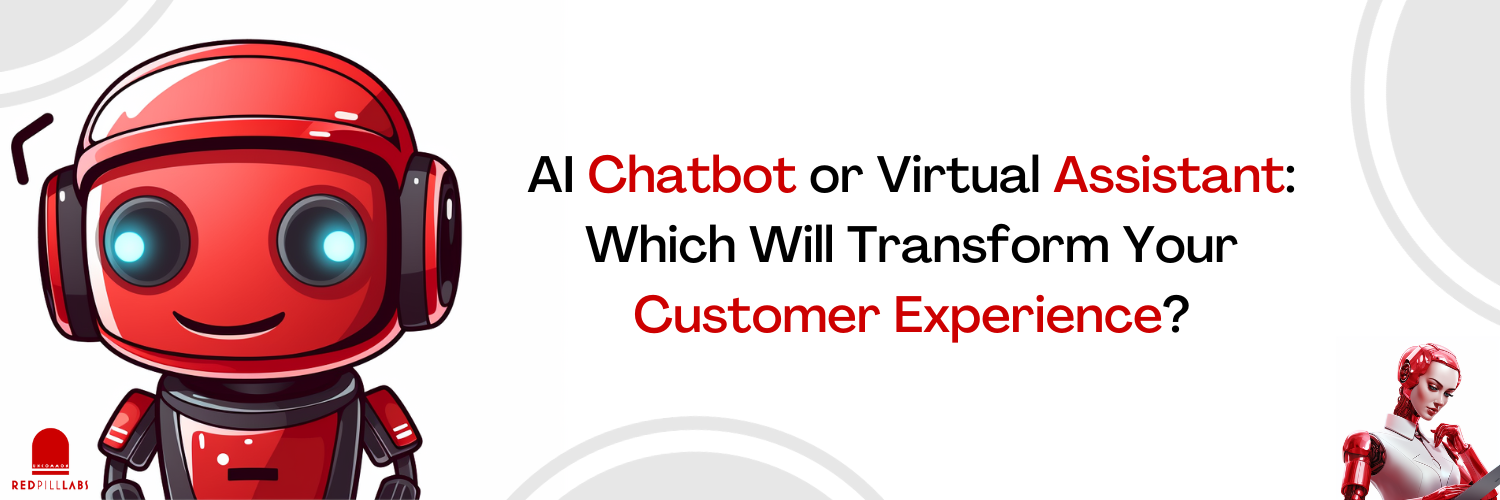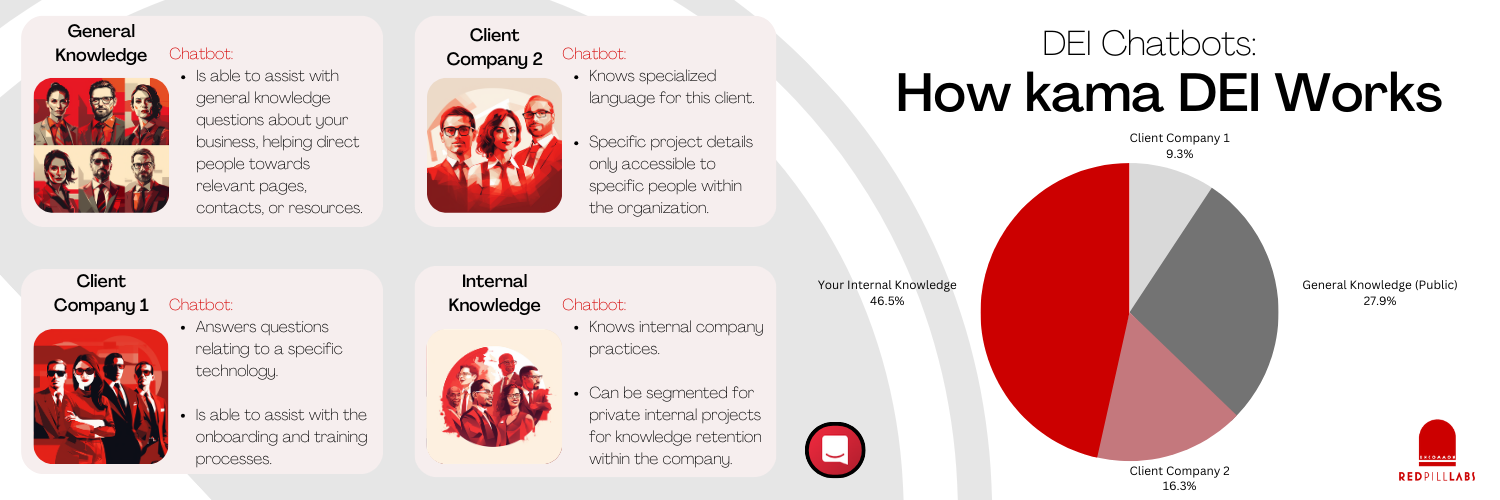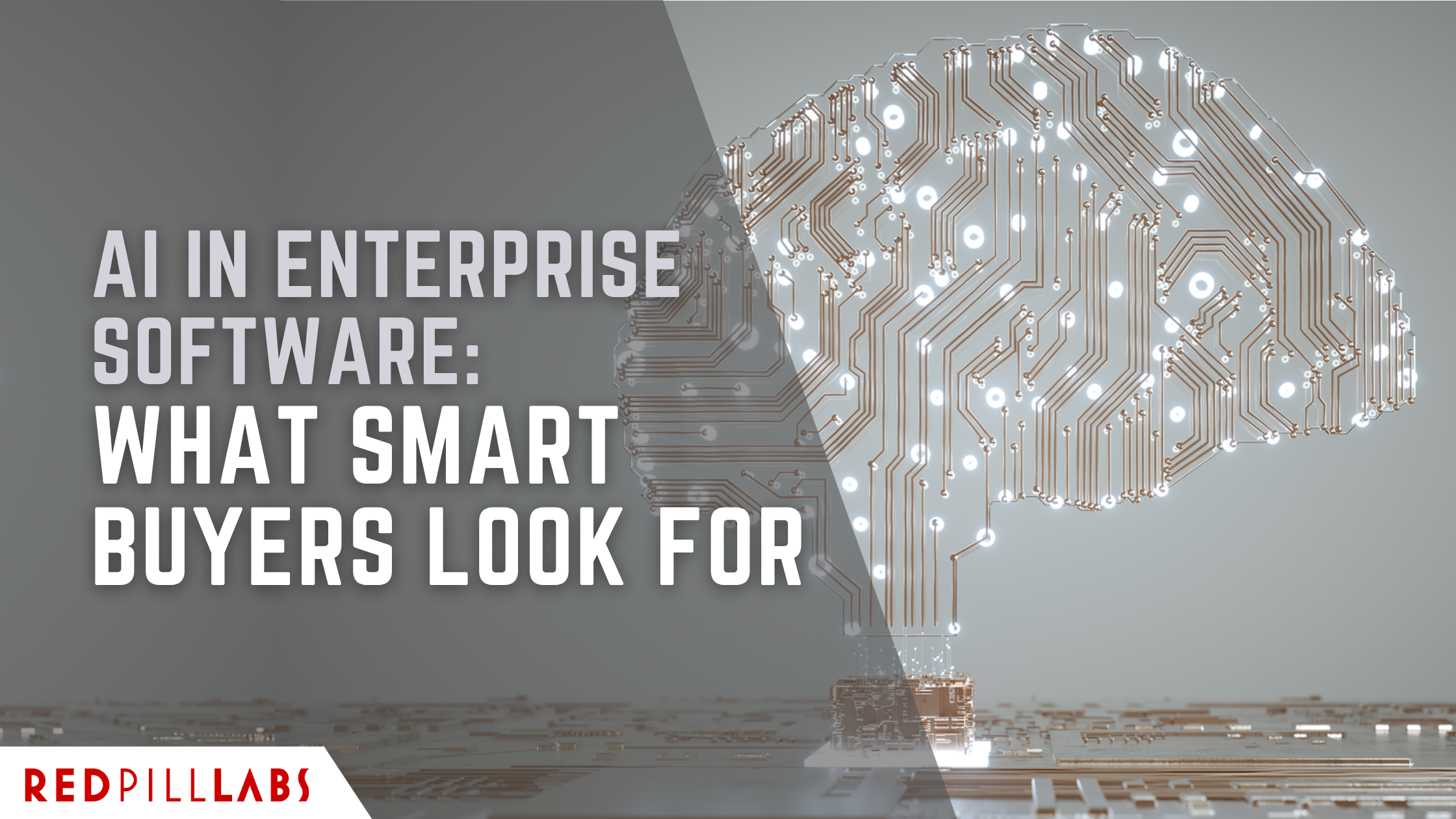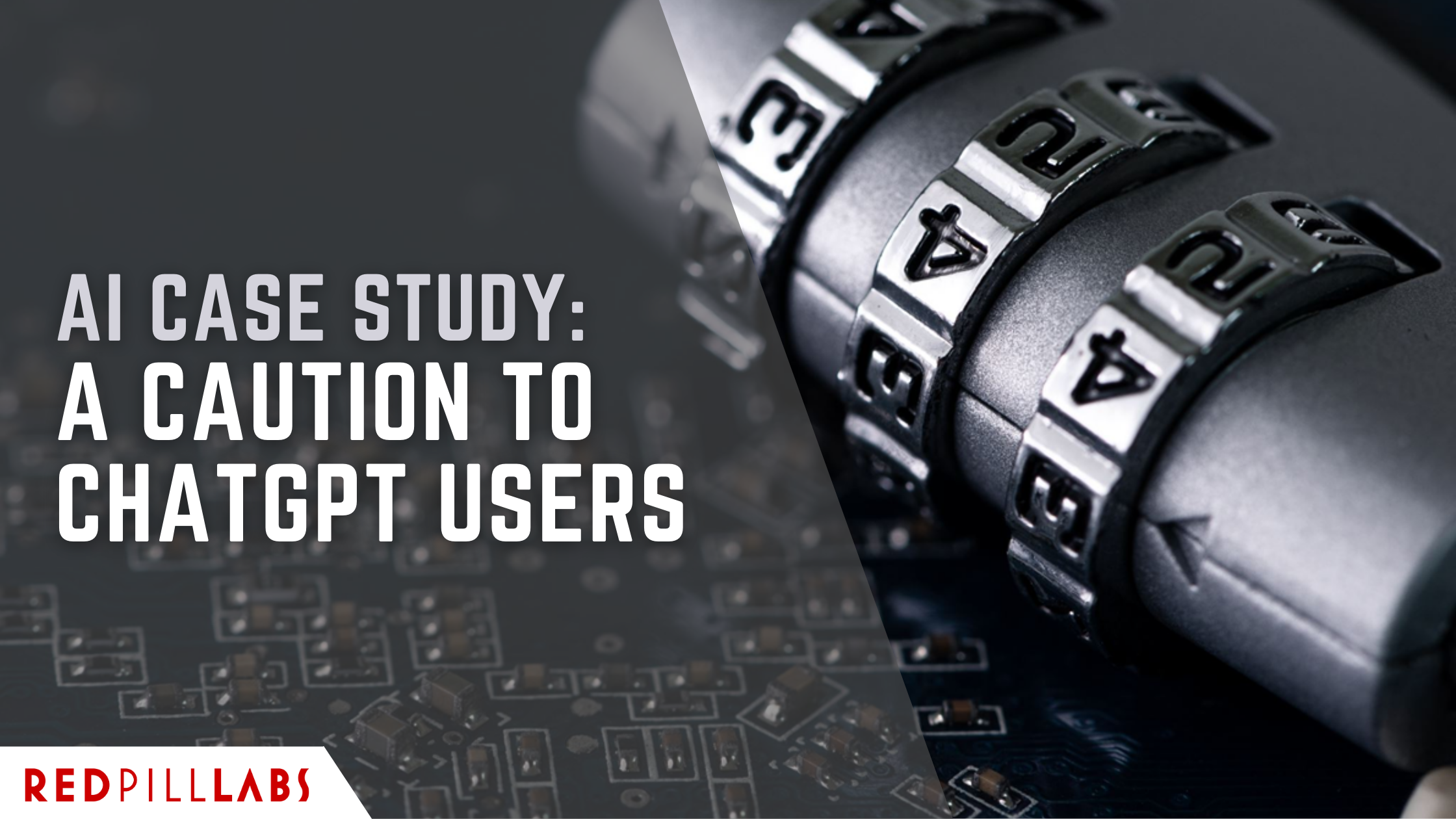AI Chatbot or Virtual Assistant: Which Will Transform Your Customer Experience?
Enhancing the customer experience is a top priority for businesses in today's competitive landscape. With the support of the CDAP grant, SMEs can leverage AI to revolutionize customer interactions, streamline communication, and deliver personalized experiences. Here are some ways businesses can use AI to transform customer experiences:
AI-Powered Chatbots vs Virtual Assistants vs DEI Chatbots:
There are different types of chatbots you can invest in for your business. Some of the typical chatbots you likely interact with are AI-Powered Chatbots, such as those used by Amazon and Apple for customer support. AI-powered chatbots are task-focused, handling specific functions like customer queries and transactions. They offer quick solutions within a limited scope.
Another frequent category is Virtual Assistants. Examples of popular Virtual Assistants include Google's Assistant and Amazon's Alexa. Virtual assistants, unlike AI-Powered Chatbots, possess broader capabilities, which allow them to manage various tasks, understand context, and provide personalized responses. They continuously learn and adapt, making them versatile for a wide range of interactions.
While both AI-powered chatbots and virtual assistants can use machine learning (ML) algorithms, virtual assistants tend to rely on ML more extensively due to their broader range of functions and contextual understanding. ML algorithms enable virtual assistants to learn from user interactions, adapt to different situations, and provide increasingly accurate and personalized responses over time.
In the context of chatbots, there's a type that tends to be overlooked: the DEI (Diversity, Equity, and Inclusion) chatbot. These specialized chatbots hold immense importance, particularly for B2B enterprises and projects where communication spans across a varied spectrum of organizations or segments.
Each of these entities carries its own unique personality traits and uses specific terminology. DEI chatbots such as kama DEI by Kama AI effortlessly adjust how it communicates depending on the organization or pre-defined segment that their interacting with, aligning itself with the individual traits and values of the recipient. This adaptability ensures that interactions are not only effective but also deeply personalized.
Investing in technology that provides instant customer support and assistance 24/7 can can help you handle a wide range of customer queries, allowing human support agents to focus on more complex tasks. This instant and consistent support enhances customer satisfaction and reduces response times.
How Can You Implement Chatbots or Virtual Assistants Within Your Organization?
AI Powered Chatbots:
To implement AI-powered chatbots, organizations should first define your own unique specific objectives, select a suitable chatbot platform (or develop a custom solution), and train the AI model using relevant data. Essential steps include integrating the chatbot within your existing systems, creating a user-friendly interface, and continuously monitoring the bot's performance to make improvements.
Businesses in e-commerce and customer support industries are well-suited for AI chatbots, as they can handle repetitive inquiries, streamline customer interactions, and provide 24/7 support, ultimately enhancing the customer experience.
Virtual Assistants:
Implementing virtual assistants involves developing sophisticated AI models capable of handling complex tasks, like scheduling, data analysis, and personalized recommendations. These assistants are ideal for businesses in sectors such as finance, healthcare, and professional services, where data-driven decision-making and task automation are critical.
Virtual assistants enhance customer experience by providing quick and accurate responses, freeing up employees to focus on high-value tasks, and improving overall efficiency.
DEI Chatbots:
To implement DEI chatbots, your strategy should focus on creating AI models that can provide inclusive information, resources, and support for employees and customers. These chatbots are especially valuable for large corporations and HR departments looking to foster a diverse and inclusive workplace. Alternatively, a DEI chatbot such as kama DEI could help you segment knowledge for your organization, demonstrated in this image.
DEI chatbots contribute to a positive customer experience by promoting a more inclusive brand image, addressing diversity-related queries, and ensuring equitable access to company resources, ultimately enhancing customer trust and loyalty, especially if your business deals with projects that requires a unique knowledge base for support.
Summary
Whether you’re introducing an AI-Powered or DEI Chatbot, or a Virtual Assistant into your business, one the most key stages is the planning and strategizing stage. Much like with any technology one introduces to their organization, the importance of strategy and planning is no different with chatbots or other AI initiatives. Of course, there are plenty of avenues for you to explore when it comes to how to create the best strategy for an implementation.
These avenues include taking it in-house and trying to figure it out from there, going directly to an experienced advisor such as Red Pill Labs, a hybrid of the two former options mentioned, or recognizing an initiative and funding the strategic planning (and possibly more) through the Canadian Digital Adoption Program. Eligible companies can benefit not simply from the strategic plan, but through actually funding the initiative with an up-to 100K loan from the BDC.
To summarize which solution might be best for you; AI-powered chatbots are best suited for businesses seeking to automate routine customer interactions, virtual assistants are ideal for those requiring advanced task automation and data-driven decision support, and DEI chatbots are valuable for organizations looking to retain knowledge of a particular project or person, otherwise known as experiential knowledge. DEI chatbots also have the capability of allowing your business to have a segmented audience (i.e. general knowledge for your website, specific project knowledge for a client, specific internal knowledge for a team, etc.) All three technologies benefit the customer experience by providing efficient, accessible, and inclusive support, ultimately improving satisfaction and loyalty, while also benefitting your own organization in several different ways.













